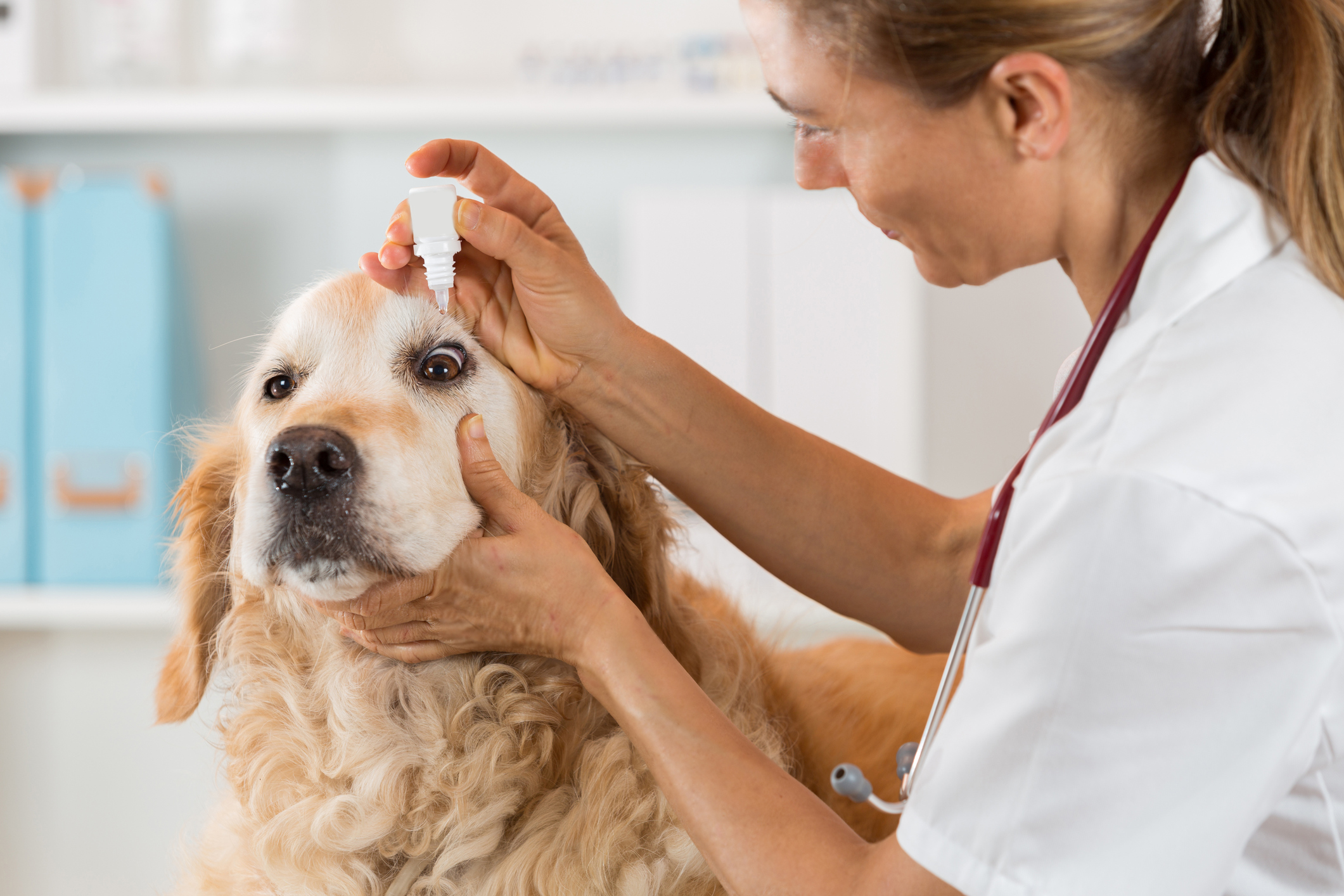We as pet owners want our furry friends to stay fit and happy. However, just like us, our pets may need medication at some point in their lives. Proper dosage and administration of pet medications are crucial to ensure the effectiveness of treatment and prevent any potential harm to our pets. This article highlights the importance of proper dosage and administration of pet meds Canada.
Why is proper dosage important for pet meds in Canada?
When it comes to pet medications, dosage is a critical factor that determines the effectiveness of the treatment. Dosage refers to the amount of medication that a pet should receive per pound of body weight. The recommended dosage for a particular medication may vary based on the pet’s species, breed, age, and health condition. Giving too little medication may not provide the desired effect, while giving too much can lead to overdose and toxicity.
Overdosing on pet medications can cause severe health problems in our furry companions, including vomiting, diarrhea, lethargy, and seizures. Underdosing may not only be ineffective in treating the condition but may also promote the development of antibiotic-resistant bacteria, leading to more severe infections.
How to determine the correct dosage for pet meds in Canada?
To determine the correct dosage for pet medications in Canada, it’s essential to consult a licensed veterinarian. The vet will evaluate the pet’s health condition and prescribe the medication and dosage that suits the pet’s needs. The vet may also consider the pet’s weight, age, breed, and other factors that may affect the dosage.
Pet owners should strictly follow the prescribed dosage and avoid adjusting it on their own without consulting the vet. Administering the medication according to the recommended dosage and schedule will ensure the effectiveness of the treatment and reduce the risk of adverse effects.
What are the common mistakes in administering pet meds in Canada?
Administering pet medications may seem like a simple task, but it’s crucial to follow the correct procedures to ensure safety and efficacy. Some common mistakes that pet owners make while administering pet medications include:
Giving medication without food
Some medications may cause stomach upset or gastrointestinal irritation. To minimize the risk of side effects, it’s advisable to give the medication with food, unless instructed otherwise by the vet.
Using human medication
Human medications are not suitable for pets, as they may contain ingredients that are toxic to animals. Always use pet-specific medications that are prescribed by a licensed veterinarian.
Crushing tablets
Some medications may be formulated for extended release or contain special coatings that help protect the stomach lining. Crushing tablets can alter the medication’s effectiveness and lead to adverse effects.
Skipping doses
Skipping doses or stopping the medication prematurely may reduce the effectiveness of treatment and promote the development of antibiotic-resistant bacteria.
Proper dosage and administration of pet medications are crucial for ensuring the safety and effectiveness of treatment. It’s important to follow the recommended dosage and administration procedures, as prescribed by a licensed veterinarian. Pet owners should also be aware of common mistakes that may compromise the safety and efficacy of pet medications. By following these guidelines, we can ensure that our furry friends receive the best possible care and treatment for their health conditions.

